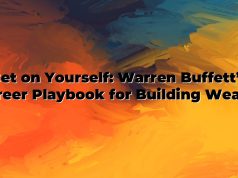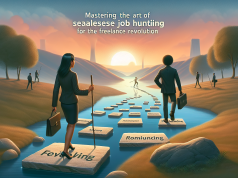As a diversity, inclusion, and equity club, our mission is to foster an environment where every individual has the opportunity to thrive, including in the freelance marketplace. Yet, implicit biases often lurk beneath the surface of hiring decisions, influencing outcomes in ways that both hiring managers and freelancers may not fully recognize. In our next blog post, we aim to provoke critical thought by exploring the subtle dynamics of bias in freelance hiring and its impact on the workplace.
Implicit bias refers to the attitudes or stereotypes that affect our understanding, actions, and decisions unconsciously. In the context of freelance hiring, these biases can lead to a homogenized talent pool, where diversity is stifled and opportunities are disproportionately distributed. Common implicit biases such as affinity bias, where we gravitate towards those who are similar to us, can result in a lack of diversity among the freelancers hired. Moreover, confirmation bias, where we seek information that confirms our preexisting beliefs, can blind us to the unique talents and perspectives that diverse candidates offer.
Such biases in hiring not only impact the diversity of the freelance pool but also the types of opportunities afforded to diverse candidates. When implicit biases go unchecked, they can lead to a narrowing of the industry, where certain demographics are favored over others, leading to a less inclusive environment. This not only stifles individual careers but can also have a detrimental effect on the industry as a whole by limiting the range of ideas and solutions.
Recognizing and mitigating implicit biases begins with awareness and education. Organizations and individual hiring managers must commit to ongoing learning about diversity and assessment of their own biases. Tools like blind hiring processes and structured interviews can help to reduce the impact of implicit biases.
Freelance platforms play a dual role in this scenario. They have the potential to perpetuate bias through their algorithms and community policies, but they also have the power to disrupt it by designing inclusive systems and encouraging diverse representation. Platforms must take active steps to audit their processes for bias and implement features that promote equity.
Furthermore, freelancers themselves can play a vital role in advocating for more inclusive hiring practices. By building strong personal brands, seeking out bias-aware clients, and supporting each other within the community, they can create a demand for more equitable practices.
The conversation about implicit bias in freelance hiring is essential in cultivating a workplace that values diversity, inclusion, and equity. We invite experts, freelancers, and hiring managers to join in this critical dialogue, sharing insights and strategies that contribute to a more inclusive freelance ecosystem. It is through collective effort and open conversation that we can begin to unravel the unseen biases that shape our work environments and drive toward a more equitable future for all professionals.




























